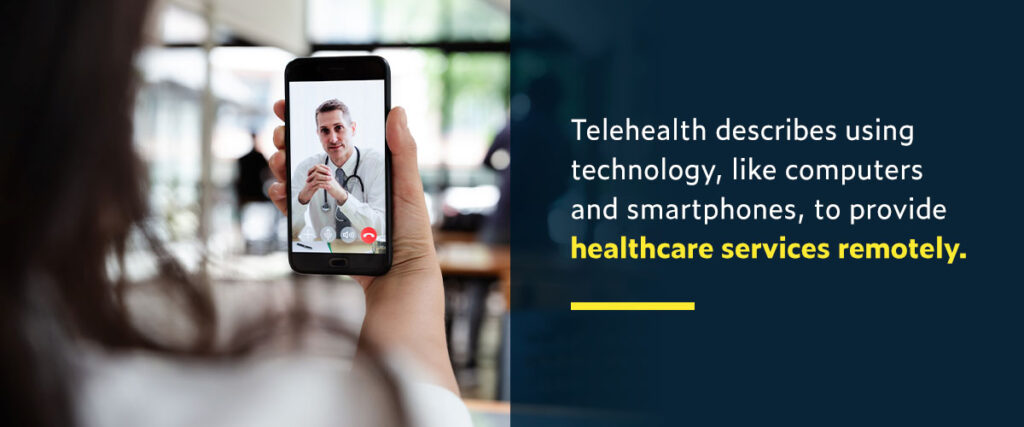Unlocking the Keys of Subscription Based Healthcare for Better Patient Outcomes
Unlocking the Keys of Subscription Based Healthcare for Better Patient Outcomes
Blog Article
The Rise of Subscription-Based Health Care and Its Influence On Patient Care
As medical care progresses, the subscription-based design is getting traction, promising to revolutionize client treatment by supplying predictability and ease of access. The capacity for these models to reshape medical care distribution increases pushing inquiries concerning their lasting sustainability and inclusivity. Are these membership solutions the future of healthcare, or do they take the chance of leaving susceptible populations behind?
Recognizing Subscription Medical Care Designs
Understanding the concept of subscription health care models includes examining a transformative technique to medical solutions that emphasizes price and availability. These versions, commonly referred to as straight medical care (DPC) or concierge medicine, have become cutting-edge choices to standard fee-for-service health care systems. Subscription healthcare enables people to pay a fixed month-to-month or yearly cost for a specified collection of clinical services, which might consist of endless office brows through, routine exams, and standard laboratory tests, without the need for traditional insurance coverage payment.
The structure of subscription healthcare versions is developed to improve individual care by eliminating third-party payers and complex payment codes, thereby reducing management concerns. Doctor can focus a lot more on individual care, fostering stronger patient-provider relationships. This design likewise advertises preventative treatment by urging regular visits, as the economic obstacle of per-visit fees is eliminated.
The registration version frequently equips healthcare companies to take care of smaller sized person panels, enabling more customized care. It straightens economic motivations with individual health results, as companies are motivated to keep individual satisfaction and health. On the whole, recognizing subscription health care models needs acknowledging their potential to reshape how treatment is delivered and accessed.
Benefits for Carriers and people

For service providers, subscription-based models supply the opportunity to deepen patient-provider relationships. With a constant profits stream, health care specialists can dedicate even more time to every patient, bring about a much more tailored and comprehensive treatment experience. This version additionally minimizes reliance above patient quantities, minimizing exhaustion and enhancing job fulfillment. The focus on preventative treatment within subscription plans can lead to much better individual outcomes and reduced long-term medical care expenses. By concentrating on continuous treatment, carriers can deal with problems before they escalate, ultimately profiting the medical care system overall by lowering the burden on emergency situation and severe treatment services.
Obstacles and Issues
While subscription-based health care designs present countless advantages, they additionally come with a collection of challenges and worries that need to be addressed. This elevates moral inquiries regarding fair accessibility to healthcare solutions.
Financial sustainability of subscription-based models is another worry. Companies have to balance the fixed revenue from memberships with the variable expenses of healthcare solutions, which might vary due to unpredicted clinical needs. This can develop pressure to restrict services or rise costs, potentially influencing patient complete satisfaction and care top quality.
Additionally, regulative oversight of subscription-based healthcare models is still developing. Dealing with these difficulties is important for the fair and effective application of subscription-based health care.
Effect On Patient-Doctor Relationships
One significant impact of subscription-based health care models on patient-doctor relationships is the possibility for enhanced continuity and personalized treatment. By taking on a membership design, physicians can manage a smaller sized patient panel, enabling for more committed time with each individual. This enhanced availability cultivates a deeper understanding of an individual's medical background, lifestyle, and preferences, enabling much more customized therapy strategies and treatments.

Nonetheless, it is very important to identify that while subscription-based designs might benefit those who can manage linked here them, they might unintentionally expand medical care differences. Clients who are incapable to take part in these designs may experience decreased access to customized care, potentially impacting their relationships with doctor. Therefore, while the subscription version uses encouraging benefits for patient-doctor connections, it also presents challenges that need to be addressed to ensure equitable health care gain access to.
Future of Healthcare Gain Access To

The duty of innovation can not be forgotten in this change. Telemedicine systems and digital health documents help with smooth communication between people and doctor, damaging down geographical and logistical obstacles. In addition, advancements in expert system and information analytics can even more personalize treatment by anticipating patient needs and enhancing treatment plans.
Nevertheless, the future of medical care accessibility additionally presents challenges, such as making certain equity throughout various socio-economic groups. Policymakers and health care suppliers must team up to connect the electronic divide, making certain that subscription-based designs continue to be cost effective and inclusive. As these systems mature, they hold the assurance of making medical care much more accessible, efficient, and patient-centric.
Final Thought
Subscription-based health care models are improving patient care by providing a steady expense framework and enhancing availability. The increase of subscription-based medical care urges proactive client engagement, which has the possible to enhance individual outcomes and contentment, signaling a transformative shift in health care shipment.
As medical care evolves, the subscription-based version is getting traction, guaranteeing to change person care by using predictability and access.Subscription-based healthcare versions offer distinctive advantages for next both individuals and service providers, improving the total healthcare experience.As health care systems evolve, the future of medical care accessibility frequently hinges on the integration of innovative designs and innovations.Subscription-based healthcare versions are reshaping individual continue reading this care by giving a stable cost framework and enhancing availability. The increase of subscription-based health care urges positive individual interaction, which has the prospective to improve individual results and fulfillment, indicating a transformative shift in healthcare delivery.
Report this page